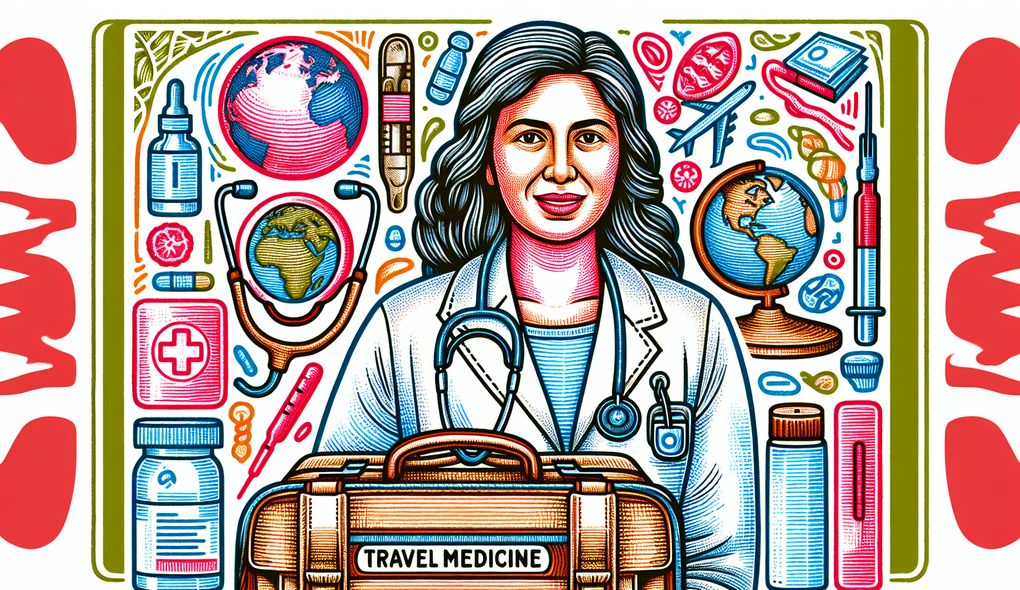How do you prioritize and manage your time effectively?
INTERMEDIATE LEVEL

Sample answer to the question:
I prioritize and manage my time effectively by using a combination of planning and organization techniques. Firstly, I create a to-do list every morning to prioritize tasks based on deadlines and importance. This helps me stay focused and ensures that I don't forget any important tasks. Additionally, I use time-blocking to allocate specific time slots for different activities and minimize distractions. Another technique I use is delegation, where I assign tasks to team members who have the necessary skills and capacity to handle them. This not only helps me save time but also promotes teamwork and collaboration. Lastly, I regularly evaluate my progress and make adjustments to my schedule if needed.
Here is a more solid answer:
To prioritize and manage my time effectively, I follow a systematic approach. Firstly, I start by identifying and categorizing tasks based on their urgency and importance. This helps me determine which tasks need immediate attention and which can be scheduled for later. I then create a daily or weekly plan, depending on the workload, to allocate specific time slots for each task. I use digital tools like calendar apps and project management software to keep track of deadlines and set reminders. Additionally, I break down bigger tasks into smaller, manageable sub-tasks to avoid feeling overwhelmed. I also practice efficient email management by setting aside dedicated time slots for checking and responding to emails, rather than constantly interrupting my workflow. By setting realistic expectations and deadlines, I ensure that I have enough time to complete each task effectively. Lastly, I continuously evaluate my progress and make adjustments to my schedule if needed.
Why is this a more solid answer?
The solid answer provides a more in-depth explanation of the candidate's approach to prioritizing and managing their time. They discuss specific techniques and tools they use, such as categorizing tasks, creating plans, using digital tools, breaking down tasks, and email management. The answer also emphasizes the importance of setting realistic expectations and continuously evaluating progress. However, it lacks specific examples or anecdotes from past experiences.
An example of a exceptional answer:
As a Travel Medicine Specialist, I understand the critical role of effective time management in delivering quality patient care. To prioritize and manage my time effectively, I employ a comprehensive approach that combines various strategies. Firstly, I start by thoroughly reviewing my daily or weekly schedule and identifying the most important and time-sensitive tasks. I prioritize these tasks by allocating dedicated time blocks and setting clear goals for each. For example, if I have multiple pre-travel consultations in a day, I ensure that I allocate sufficient time for each consultation to thoroughly assess the traveler's health needs, provide tailored advice, and address any concerns. Additionally, I regularly communicate with my support staff to delegate non-clinical tasks, such as record-keeping and administrative duties, allowing me to focus more on direct patient care. I also leverage technology by using electronic medical records and scheduling systems to streamline documentation and appointment management. This helps me save time and ensures accurate record-keeping. Furthermore, I actively seek opportunities for professional development, such as attending conferences and workshops on travel medicine advancements. This not only enhances my knowledge and skills but also allows me to stay updated on global health alerts and outbreaks, enabling me to provide the most current information to travelers. Lastly, I believe in the power of self-reflection and continuous improvement. I regularly assess my time management strategies and seek feedback from colleagues and supervisors to identify areas where I can further enhance my efficiency and effectiveness.
Why is this an exceptional answer?
The exceptional answer provides a comprehensive and detailed response to how the candidate prioritizes and manages their time effectively. They discuss specific strategies and techniques they employ in their daily work as a Travel Medicine Specialist, such as thorough schedule review, task prioritization, goal-setting, delegation, leveraging technology, and professional development. The answer also emphasizes the importance of self-reflection, continuous improvement, and seeking feedback. The candidate showcases their understanding of the unique challenges and responsibilities of their role and how effective time management enhances patient care. The answer could be further improved by providing specific examples or anecdotes from past experiences to illustrate the candidate's exceptional time management skills.
How to prepare for this question:
- Before the interview, review and analyze your current time management practices and identify areas for improvement.
- Research and familiarize yourself with various time management strategies and techniques commonly used in the industry, such as the Eisenhower Matrix or Pomodoro Technique.
- Reflect on past experiences or projects where you successfully prioritized and managed your time effectively. Be prepared to share specific examples or anecdotes.
- Consider how your time management skills align with the responsibilities and requirements of the Travel Medicine Specialist role. Identify ways to emphasize your organizational and time management skills in your answers.
- Practice answering related questions during mock interviews or with a trusted friend or mentor. Pay attention to your communication style, clarity, and ability to provide specific and detailed responses.
What are interviewers evaluating with this question?
- Organizational skills
- Time management

